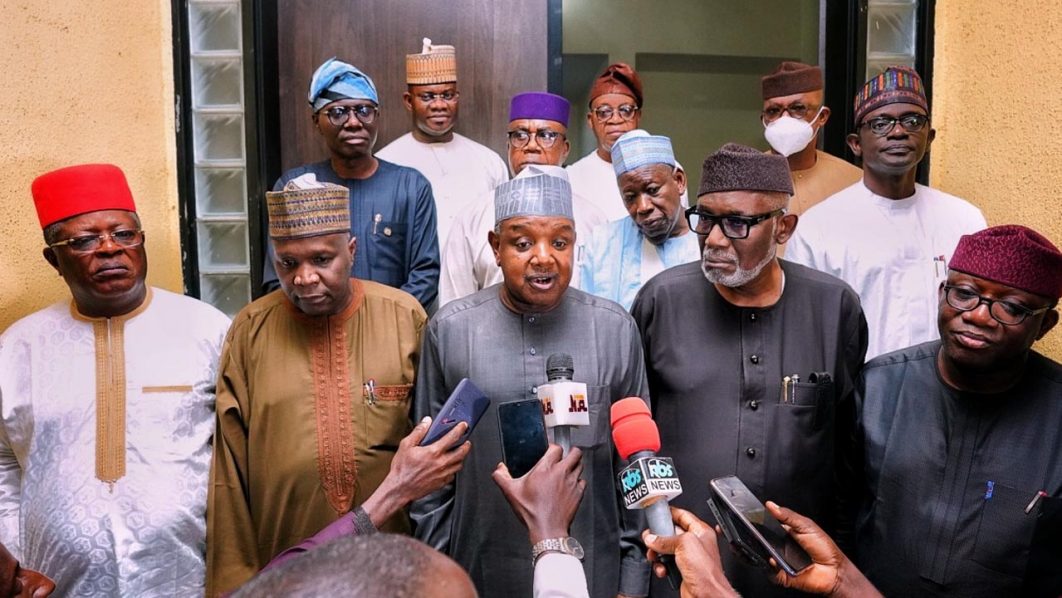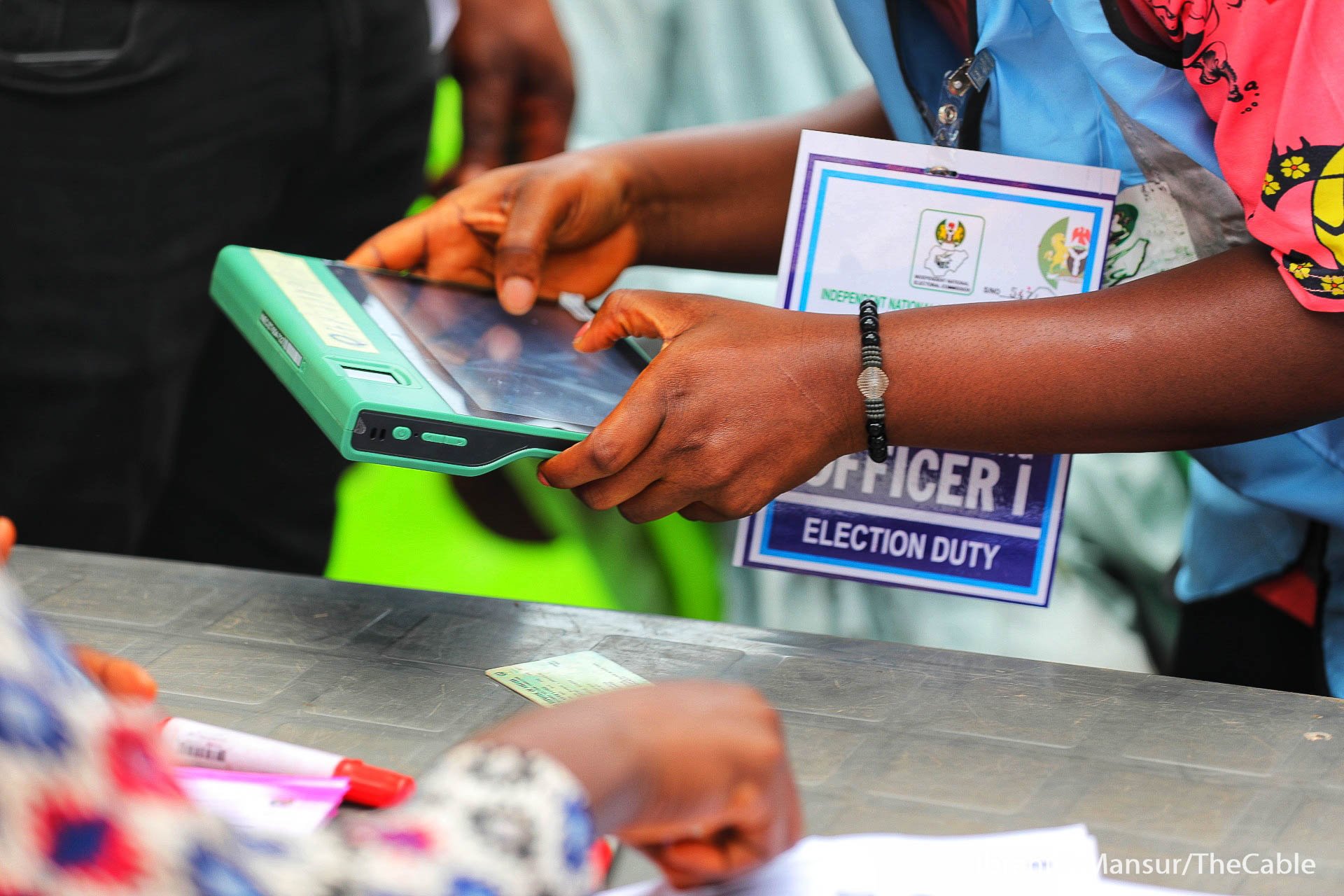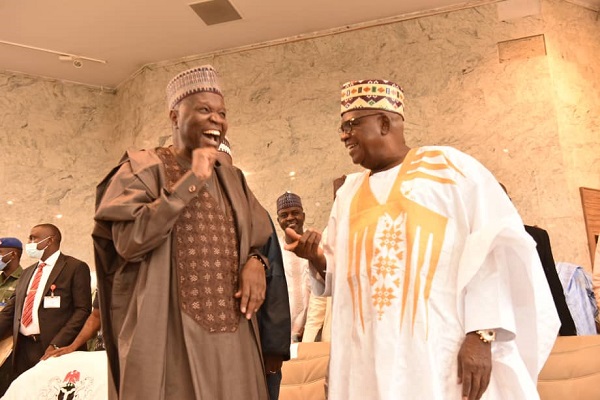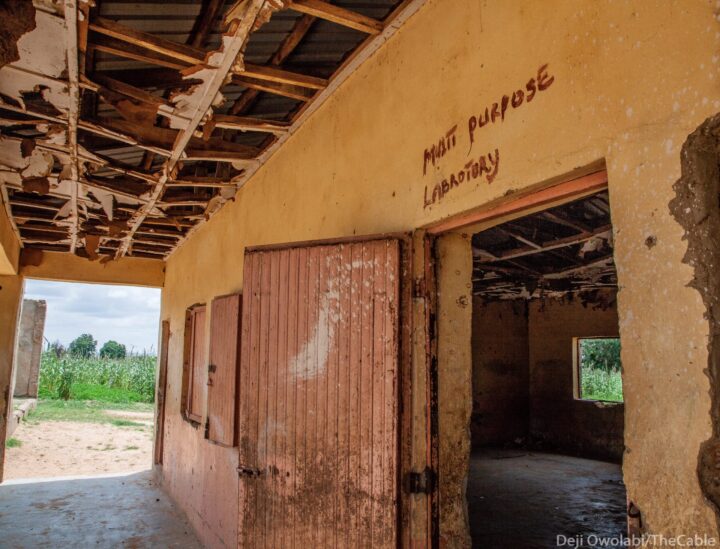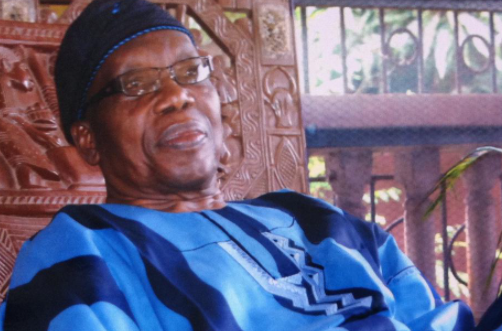BY BENJAMIN NGUTSAV
When Samuel Ortom, governor of Benue state, raised genuine concerns over the decision of the national assembly to amend the electoral act and compel all political parties to adopt the direct mode of primaries, his traducers drew out daggers and came hard on him in their usual fashion, calling him names and branding him as anti-democracy.
Ortom, being a dogged leader who is never shy of expressing his convictions, could not be discouraged by the tantrums of the naysayers. He went on to give reasons for his stand on direct primaries.
The governor explained that he is not against direct primaries but the truth is that conducting direct primaries would involve a lot of finances among other issues. He further stressed that when the direct system of choosing candidates becomes law, his party the Peoples Democratic Party (PDP) would strategize and nominate credible candidates who would be popular among the voters to sweep the polls in favour of the party. He expressed confidence that PDP is the party that most Nigerians trust which has never been afraid of going into elections.
Advertisement
Less than two weeks after Ortom made known his position on direct primaries, governors on the platform of All Progressives Congress (APC) came out to vindicate the Benue state governor. Their stand even took an aggressive dimension as they expressed displeasure with the resolution of the national assembly on the direct option as a mode of primaries for political parties to pick their candidates for general elections.
The APC governors operating under the aegis of Progressives Governors Forum, (PGF) at the end of their meeting last Monday rejected the national assembly’s resolution.
They also vowed to meet with the leadership of both chambers of parliament to impress it on them to review the resolution ahead of the presentation of the Electoral Act 2010 (Repeal and Re-enactment) Bill, 2021 to President Muhammadu Buhari for presidential assent.
Advertisement
The senate had, last month, aligned itself with the house of representatives which adopted section 87 on mandatory direct primaries for all parties.
Section 87(1) of the bill reads: “A political party seeking to nominate candidates for elections under this bill shall hold direct primaries for aspirants to all elective positions, which shall be monitored by the commission”.
Kebbi state governor and chairman of the Progressives Governors Forum, Atiku Abubakar Bagudu, said the governors expressed strong reservations about the national assembly resolution on direct primaries.
While he maintained that political parties should be allowed to pick the option best suited for them, Bagudu further stated that the resolution was against the spirit of the executive order signed by Buhari which frowns at large gatherings in the wake of the global pandemic, coronavirus.
Advertisement
He further argued that direct primary was too cumbersome, unwieldy and would overstretch the limited resources of the Independent National Electoral Commission (INEC) statutory mandated to oversee primaries conducted by political parties.
He said: “We discussed the pros and cons. There has been concern that political parties are voluntary organisations. We express the concern that political parties be allowed to choose from the options that they so desire. There is an executive order, signed by Mr President against large gatherings. These are issues we discussed and hope that the best be achieved for Nigeria.
Bagudu also stated: “Our ward congresses were results of direct primaries. The process involves multiple roles by INEC. If we have to involve INEC, their resources will be overstretched”.
Kogi state governor, Yahaya Bello is another APC governor who is fuming seriously over the decision of the national assembly to impose direct primaries on political parties. He is hoping that the president will not assent to the bill so that it can be returned to the national assembly and the direct primaries part expunged from the bill.
Advertisement
According to Bello: “If it is returned to the national assembly, it will not be the first of such bill to be returned”.
Meanwhile, the meeting of the tripartite committee set up by President Muhammadu Buhari to resolve disagreements in the All Progressives Congress, APC, Tuesday ended in a deadlock as it failed to agree on the use of direct primaries by parties to select their candidates. The meeting which was held at the Old Banquet Hall of the presidential villa, Abuja, was chaired by Vice President Yemi Osinbajo. The tripartite committee is made up of the executive, the legislature and the APC executive.
Advertisement
The members of the national assembly at the meeting insisted that direct primary was the way to go as they argued that it had been working for the electorate.
The unfolding feud within the APC ranks, particularly the stand taken by governors under the party to resist direct primaries is another attestation that Ortom sees ahead of many. This is not the first time he has made his views known on a national issue and was heavily criticized only for those who criticized him to later eat their vomit and begin to sing the same tune with him.
Advertisement
The ban on open grazing is a well-known case in point. The governor was vilified, victimized, called unprintable names and even marked for elimination when he began to lead the revolution against open grazing of livestock in Nigeria. Today, the country has come to embrace the fact that nomadic cattle rearing is no longer fashionable, and that ranching is the answer.
Ortom was also the first to raise the alarm that those tagged as bandits were indeed Fulani terrorists who are bent on taking over the lands of the Nigerian people. He equally raised the alarm that what has been happening in parts of the country is a well-organised genocide to exterminate innocent people. Again, many analysts dismissed his claim of the existence of a grand agenda. Today, we know better.
Advertisement
Ortom was also the first to call for the licensing of responsible Nigerians to own sophisticated weapons. Some persons saw his call as an invitation for anarchy. But the way things are moving in this country today, Ortom’s call is already becoming a national clarion call.
Another call that Ortom has been making but Nigerians are yet to see it as important but which will surely come to pass is the issue of destitute people. He often cites the World Bank projection that if nothing is done fast, many Nigerians will become destitute in their own country.
The governor has on several occasions urged the federal government not to dismiss the World Bank report on the rise in the number of destitute people in the country.
The governor says there is a need to encourage the production sector through youth empowerment opportunities.
His words: “The World Bank projection of over 80 million destitute people should be a wake-up call to every leader, particularly the federal government to ensure that the production rate is greater than the consumption rate”.
I won’t be surprised if other Nigerians begin to re-echo Ortom’s call for urgent measures to check the growing destitute population in the next couple of months.
Views expressed by contributors are strictly personal and not of TheCable.
Add a comment
